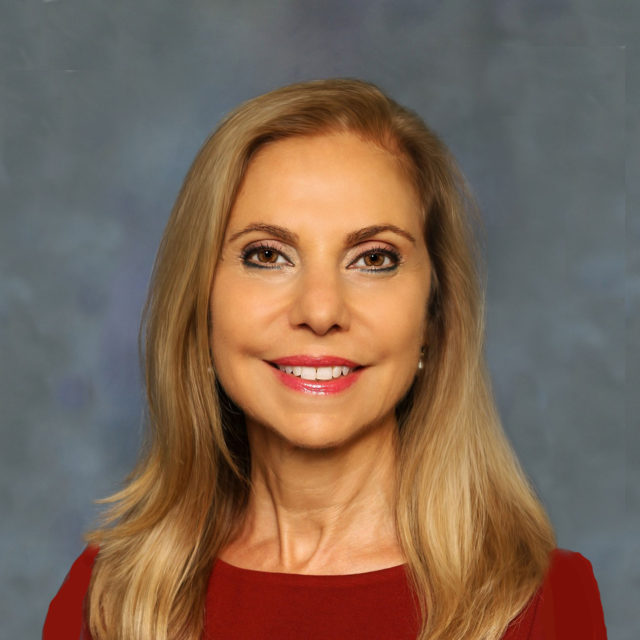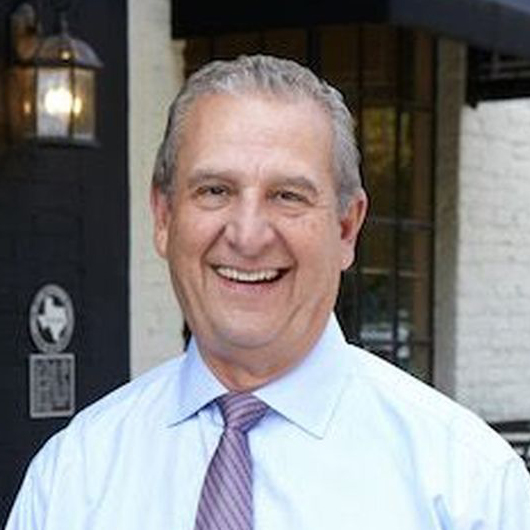PART 9 OF A 10-PART SERIES
Patient Objection Handling in Dry Eye Disease
In this, Part 9 of our series, Real-World Answers From Experts in Dry Eye Disease, our experts in Dry Eye Disease discuss handling patients who object to their new responsibilities of dry eye care.
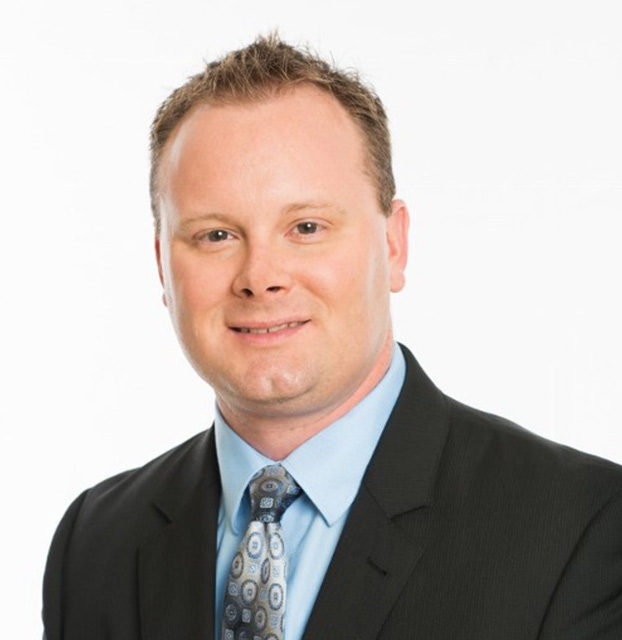
Jerry Robben, OD
Jerry Robben, OD
Bowden Eye & Associates
Jacksonville, Florida
Dr. Robben is the Chief Optometric Physician at Bowden Eye & Associates. He is also an Adjunct Assistant Professor at Arizona College of Optometry. He is a Founding Partner of Dry Eye University and a Founding Member and contributor of Dry Eye Access. He attended graduate school at Nova Southeastern University in Fort Lauderdale, Florida, where he received a second bachelor’s degree in Vision Science and his Doctorate in Optometry. During his externships, Dr. Robben had extensive training in binocular vision disorders and vision therapy. He also focused on pediatric care, contact lenses, low vision, and ocular disease. With a background in clinical education, Dr. Robben started a student doctor externship program, and is also an Adjunct Clinical Assistant Professor for the Arizona College of Optometry where he supervises the 4th Year Optometry Resident Doctors who are completing their externships for graduation. Dr. Robben is a leader in the treatment and management of Dry Eye Disease and has been recognized as a national speaker and educator on the subject. He frequently speaks in educational settings for optometrists, technicians and ophthalmologists across the country.
Suffering from Dry Eye Disease can be a daily struggle, just as treating Dry Eye Disease can require time-consuming steps that demand significant adjustments in how each patient lives his or her daily life.
Moderated by Dr. Jerry Robben
In Part 8: Encouraging Dry Eye Disease Follow-Up Visits, we saw that motivating patient compliance is important factor in dry eye care. Inconvenient to-dos, combined with cost demands for care and other new tasks associated with Dry Eye Disease, can lead many patients to object to their new responsibilities. Addressing these objections is an important responsibility for eye care providers.
I believe in my diagnosis and my treatments, so if a patient pushes back, I don’t just give up. I reinforce my points and use the diagnostics as proof. I reference any symptoms that the patient has reported and/or any signs that I have identified, and I discuss likely progression and my effort to reduce that risk. If the patient continues to push back, I will advise them to, at least, begin the supportive treatments and order a follow-up in 1 to 2 months to revisit the topic, present more evidence, and continue to educate them as best I can. I will never give up and just settle for a yearly exam…just as I wouldn’t for a glaucoma patient. In this case, even if the patient does not comply, I will know that I did my best to reach them, and then, in the future, when the patient becomes more symptomatic, they may return more ready to listen.
How do you handle patients who are objecting to their new dry eye responsibilities?
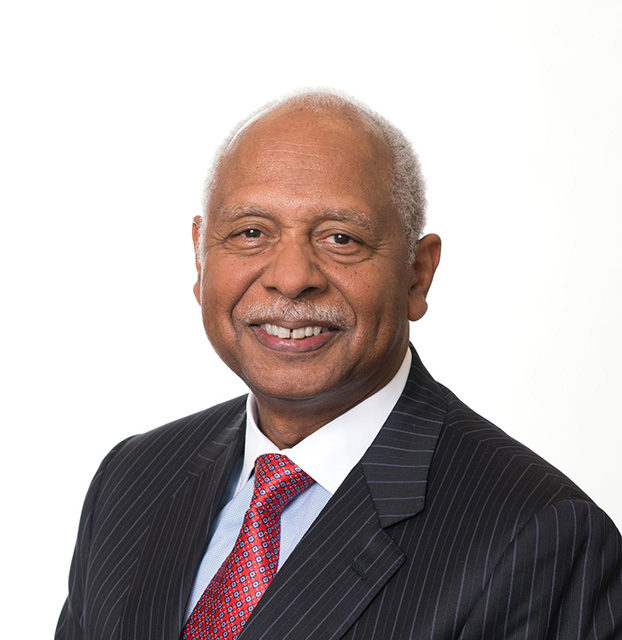
Frank W. Bowden, III, MD, FACS
Frank W. Bowden, III, MD, FACS
Bowden Eye & Associates
Jacksonville, FL
Dr. Frank W. Bowden, III, had his fellowship as a cornea specialist at Wills Eye. He is President, Medical Director and Founder of Bowden Eye & Associates, President and Medical Director of Eye Surgery Center of North Florida, LLC. He is also a Founding Partner of Dry Eye University and a Founding Member, Advisory Board and Contributor of Dry Eye Access. Previously, he was an Assistant Clinical Professor at University of Florida, Jacksonville.
Dr. Frank W. Bowden, III, founded Bowden Eye & Associates in 2001, focusing the practice on comprehensive eye care; custom cataract surgery; refractive and LASIK surgery; glaucoma surgery and laser therapy; treatment of Dry Eye Disease and other ocular surface disorders; corneal transplantation; and corneal and external diseases. As a fellowship-trained cornea specialist, he is uniquely qualified to treat Dry Eye Disease; corneal abrasions, inflammations, ulcers, scarring, injuries and infections; keratoconus; as well as pediatric corneal diseases. He also specializes in corneal transplantation using advanced techniques such as PKP, DSAEK, and DALK.
Don’t get turned off if they push back. Make an effort to listen and understand the patient’s reason for pushing back: whether it is cost, denial, or simply a lack of understanding.
I believe any pushback I receive comes from not showing enough value to the patient or not properly educating him or her on the need it will be meeting for him or her. I would then reset and try to properly inform the patient about how our office can be of assistance.
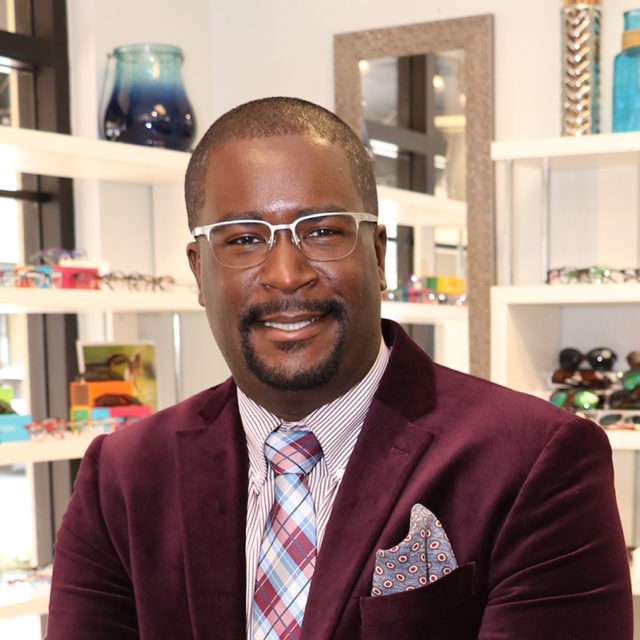
Adam Ramsey, OD
Adam Ramsey, OD
Iconic Eye Care
Palm Beach Gardens, Florida
Adam Ramsey, OD serves as the Medical Director of Iconic Eye Care in Palm Beach Gardens FL. Dr. Ramsey’s practice encompasses ocular surface disease, glaucoma, surgical co-management, macular degeneration care and diabetic eye exams. Dr. Ramsey is the current President of the Palm Beach County Optometric Association and is also the Vice-President of T. Leroy Jefferson Medical Society an affiliate of National Medical Association. He also serves as the Chief Optometric officer for Seminole Health Indian Reservation for the state of Florida servicing 3 locations.
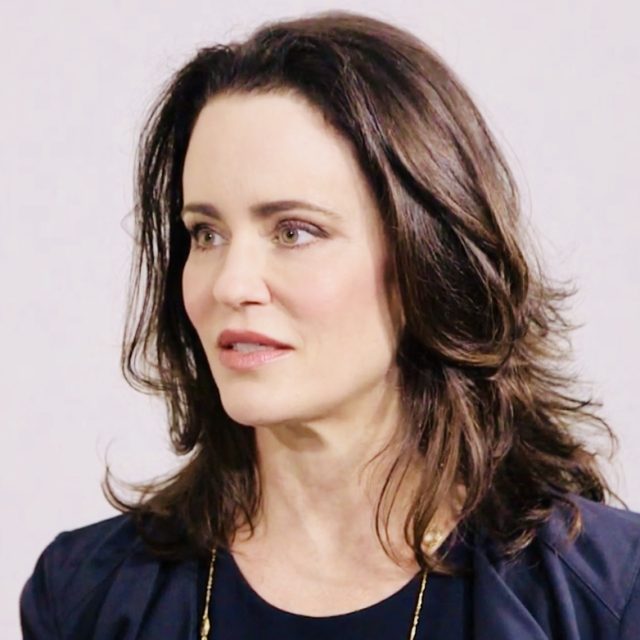
Laura M. Periman, MD
Laura M. Periman, MD
Evergreen Eye Center
Seattle, Washington
Laura Periman, MD is a board-certified ophthalmologist, fellowship-trained cornea and refractive surgeon and Ocular Surface Disease Expert. She knew she wanted to be a doctor since the age of 12 and always seen eyes as the key defining feature of every person. Her interests in molecular biology began with winning the Terry Spies Memorial Scholarship at the Oregon Regional Primate Research Center as an undergraduate at Willamette University in Salem, OR.
Her interests in immunopathophysiology took root during her work in Research and Development at Immunex Corporation in the Molecular Biology Department prior to attending medical school at the University of Washington in Seattle, WA. During medical school, she received the Rex and Arlene Garrison Oncology Fellowship, the Western Medical Student Research Committee Award for Excellence and was elected to the honor society, Alpha Omega Alpha. Upon graduation with honors, she also received the Georgianna Kirby Award for outstanding patient dedication and compassion.
Dr. Periman completed her Ophthalmology Residency as well as Cornea/Refractive Fellowship at the University of Washington in Seattle. She is an international lecturer on Ocular Surface Disease. She has nine peer reviewed publications, two chapters, a review article and independent study in press, and has written extensively on the topic of Ocular Surface Disease. Her unique and passionate perspective on OSD stems from her work in immunopathophysiology. She is an innovator and enthusiastic speaker who loves bridging the gap between basic science, clinical practice and patient compassion.
As Director of Dry Eye Services and Clinical Research at Evergreen Eye Center Seattle, WA she combines her clinical care passion, scientific drive and innovative creativity to provide first class Ocular Surface Disease management.
For more information on Dr. Periman, please visit her website www.dryeyemaster.com.
It depends on the individual‘s barrier(s) to acceptance. I often reach for establishing a doctor–patient team (sit alongside them, not across from them), a dash of humor, and data or images to document progression year to year. Colloquialisms: “I can lead a horse to water, but I can’t make him drink.” “An ounce of prevention is worth a pound of cure.” “It’s easy to treat you now, and if we leave the barn door open, it will be harder to put the cows back in the barn.” Clear examples of prevention models in medicine: “Only brush and floss the teeth you want to keep.” “The time to treat hypertension (asymptomatic, typically) is when you catch it with a blood pressure cuff, not after you’ve stroked out in the ICU.” If these fail and the patient is in a bad way or in danger of significant complications, plain English, on rare occasions, is needed: “My medical recommendation is X, Y, Z. However, if you choose to not follow medical advice X, Y, Z now…we will still be there after you’ve progressed, and we have to also add on V and W.” Then document, document, document! Adding a Whole30 diet plan can emphasize the importance of an active and engaged patient.
If patients are hesitant, I educate them at every visit on why the tests and treatments are necessary. When they come back for follow-up and they haven’t been compliant, I educate about why we need to treat and the sequelae if left untreated.
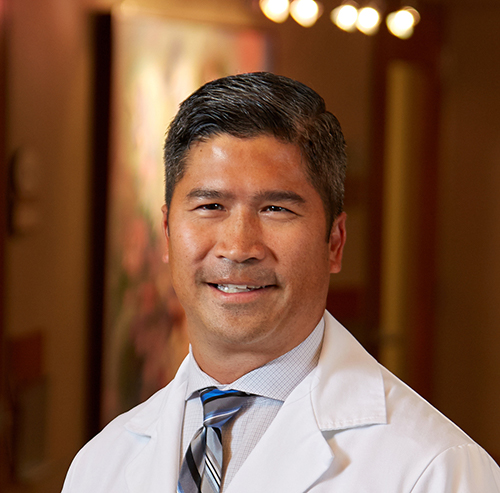
Walter Whitley, OD, MBA, FAAO
Walter Whitley, OD, MBA, FAAO
Virginia Eye Consultants
Norfolk, Virginia
Walter Whitley, OD, MBA, FAAO serves as the Director of Optometric Services and Residency Program Supervisor at Virginia Eye Consultants in Norfolk, Virginia where his practice encompasses ocular surface disease, glaucoma, surgical co-management, clinical research and the supervision of an extensive referral network. Dr. Whitley is a nationally recognized author and lecturer on topics ranging from ocular disease, surgical co-management, pharmaceuticals and practice management topics. He serves as Co-Chief Medical Editor for CollaborativeEYE and contributing editor for the Review of Optometry.
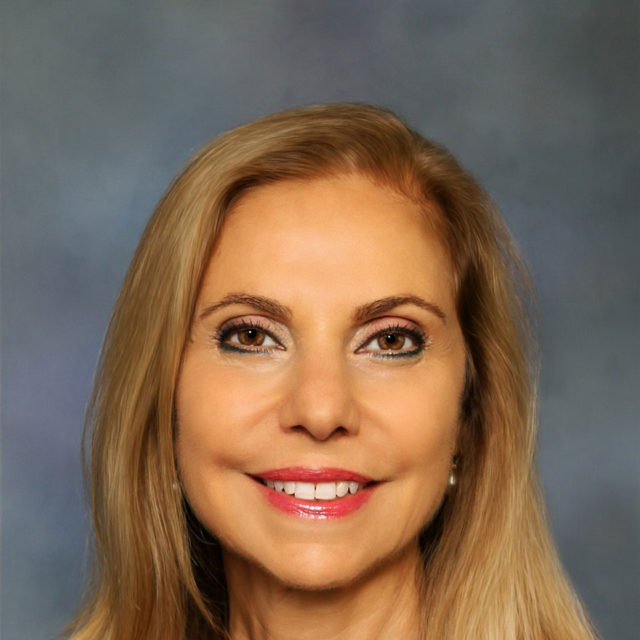
Cynthia Matossian, MD, FACS, ABES
Cynthia Matossian, MD, FACS, ABES
Matossian Eye Associates
New Jersey and Pennsylvania
Cynthia Matossian, MD, FACS, is the founder, CEO, and medical director of Matossian Eye Associates with multiple offices in PA and NJ. She specializes in refractive cataract surgery and dry eye disease. She was named one of Ocular Surgery News’ Premier Surgeon 300—an elite group of 300 premium refractive cataract surgeons in the US. She was the 2017 winner of the Ophthalmic World Leaders Visionary Award. She has been named one of the Top 25 Leading Women Entrepreneurs in New Jersey and one of New Jersey and Pennsylvania’s Best 50 Women in Business. She is a Clinical Assistant Professor of Ophthalmology (Adjunct) at Temple University School of Medicine. Contact Info: cmatossian@matossianeye.com.
I send them educational videos on the topic and recommend that they, at least, try preservative-free artificial tears (we give them a list of approved brands), oral supplements, and/or a microwaveable heated Bruder mask. Patients readily choose either the vitamins or the mask.
I often state that “we work for the patient.” Recommending certain treatment options that are in their best interest is a part of our daily drill; however, if they choose not to, we still advise to, at least, use OTC AFTs on a somewhat consistent basis.
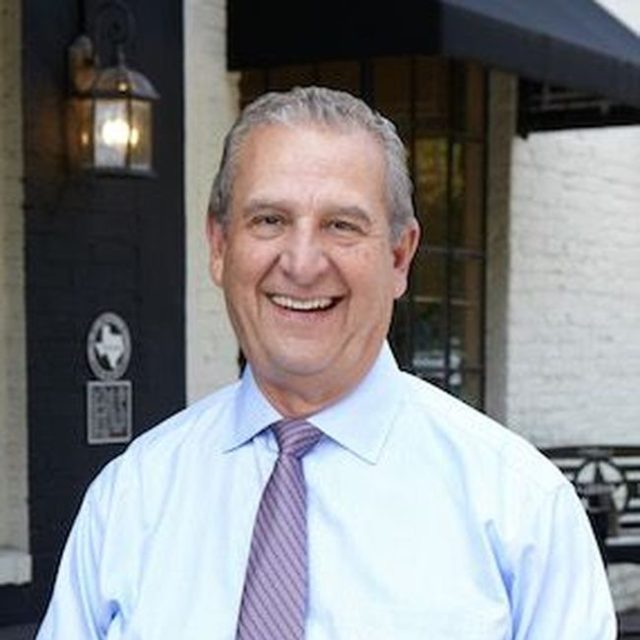
Art Medina, OD
Art Medina, OD
Medina Eye Care
San Antonio, Texas
Dr. Arthur A. Medina Jr. was born and raised in San Antonio, Texas and attended Central Catholic High School. He received his doctorate of optometry in 1972. The University of Houston, College of Optometry, appointed him to the faculty.
Medina continued his postdoctoral training with Dr. Louis Girard, M.D, who chaired the department of ophthalmology at Baylor College of Medicine. That experience enhanced the philosophy that still serves as the foundation for his practice.
Dr. Medina opened his private practice in 1983, after a decade as an associate of two prestigious ophthalmological practices. His experience with pre and post-operative care of cataract and refractive surgery patients led to working relationships with leading ophthalmic surgeons throughout Texas and the western United States. His incredible passion for the profession and quality patient care led to unique relationships with renowned, like-minded national and international physicians.
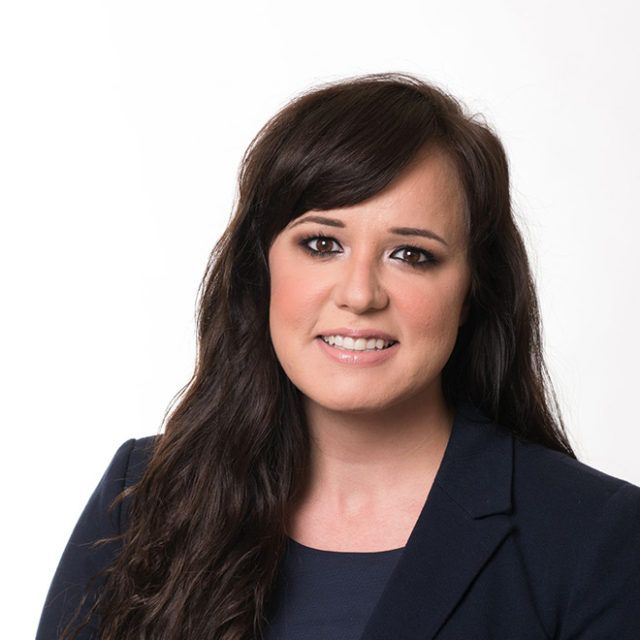
Sarah Darbandi, MD
Sarah Darbandi, MD
Bowden Eye & Associates
Jacksonville, FL
Dr. Sarah Darbandi is a fellowship trained cornea specialist. She is the Vice-President, Owner and Director of Aesthetic services for Bowden Eye & Associates. She is also a Founding Partner of Dry Eye University and a Founding Member, Advisory Board and Contributor of Dry Eye Access.
She attended Medical School at West Virginia University, then went on to residency in Ophthalmology at the West Virginia University Eye Institute. With her interest in corneal transplantation and refractive surgery, she then completed a fellowship in Albany, New York, in Cornea and Refractive Surgery. In 2015, she became partner and Vice President of Bowden Eye & Associates. Dr. Darbandi provides general ophthalmic care, custom cataract surgery, corneal transplantation, ocular surface reconstruction, and refractive surgery.
I discuss the importance of the recommendations. With pictures and measurements, I make the case for their treatments. For financial issues, my team helps with educating about using Care Credit so they can have the procedures they need. I schedule follow-up visits so we can discuss treatments and re-emphasize the importance of procedures in their care.
Each of our experts has a particular style for patient objection handling in Dry Eye Disease, yet their answers are remarkably similar: Listen and understand, communicate clearly, be persistent, and show diagnostics. Ultimately, the patient will either follow directions now, or he or she will be back with a condition that is worsening from lack of care. Dry Eye Disease is a frustrating, painful condition, and sometimes patients just need to share their concerns and expectations. Once all this is out in the open, Dry Eye Disease patients are often ready to be a part of the solution.

